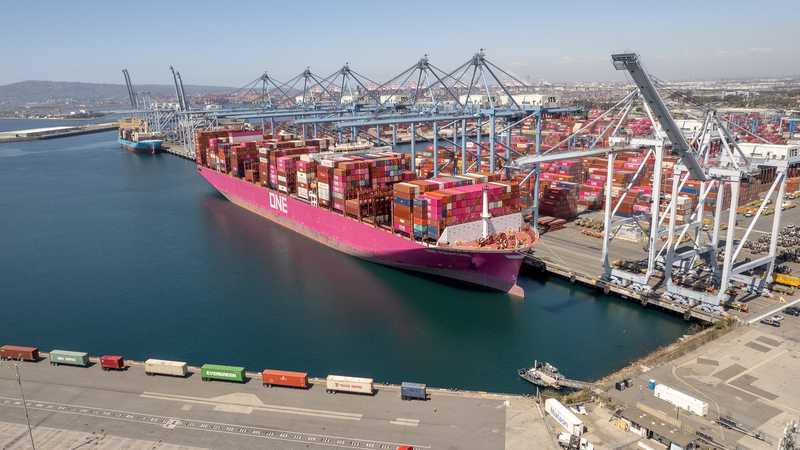A new proposal by the U.S. Trade Representative (USTR) to impose hefty port fees on Chinese-linked vessels could create major ripples in global shipping. ⚓ Experts warn that fees reaching up to $1 million for some operators may not only hurt the U.S. economy but also disrupt international trade.
The plan targets three groups: maritime operators based in China, fleets largely composed of Chinese-built vessels, and those with pending orders for Chinese ships in the next 24 months. Even vessels that aren’t built in China could be affected if they belong to a fleet with Chinese-built ships.
To avoid these costs, operators would need to be based outside of China, have fewer than 25% of ships built in China, and no Chinese shipyard orders scheduled in the next two years. But with Chinese shipbuilders now producing more than half of the world's cargo ships—a stunning jump from just 5% in 1999—such conditions seem nearly impossible to meet.
Geostrategic analyst Imran Khalid remarked that the U.S. administration’s dream of reviving domestic shipbuilding overlooks basic economic realities. Rebuilding a competitive shipbuilding industry would require decades and tens of billions of dollars in sustained investment, pointing to a challenge that goes far beyond quick fixes.
The controversy is resonating across sectors. Edward Gonzalez, CEO of Florida-based Seaboard Marine—the largest U.S.-owned international ocean cargo carrier—warned that the new fees could push U.S. cargo to foreign-owned carriers better equipped to handle the extra costs. Meanwhile, the agriculture industry, already reeling from recent tariffs, could face additional annual transportation costs of up to nearly $1 billion.
Major global shipping lines such as MSC, Maersk, and CMA CGM, whose fleets have a significant share of Chinese-built vessels, are rethinking their operational strategies. MSC CEO Soren Toft cautioned that these fees might cost the industry up to $20 billion, potentially forcing carriers to bypass smaller U.S. ports or pass on massive surcharges. It’s like a plot twist in your favorite Netflix drama! 🎬
As the proposal sparks debate, all eyes remain on how this policy may reshape global trade and shipping. Stay tuned for more updates as this story unfolds!
Reference(s):
Looming U.S. port fees on Chinese ships could backfire, experts warn
cgtn.com




